Bangladesh’s overall inflation fell to a 27-month low in May, registering at 9.05 percent, as tighter monetary policies and reduced consumer spending contributed to a downward trend. This marks the lowest inflation rate since February 2023, when it stood at 8.87 percent.
The drop follows consistent efforts by the interim government to curb inflation, including raising interest rates to reduce money supply and domestic demand.
Since assuming power in August 2024, the caretaker administration led by Chief Advisor Muhammad Yunus has prioritized controlling inflation, which had peaked at 11.66 percent in July 2024 during a period of widespread protests.
In May, food inflation dropped slightly to 8.59 percent from 8.63 percent in April. Non-food inflation also declined, falling to 9.42 percent from 9.61 percent in the previous month.
Urban areas witnessed a slight increase in food costs, rising to 9.29 percent in May from 9.13 percent in April.
In contrast, rural food inflation declined to 8.30 percent from 8.40 percent. Non-food inflation eased across both regions—dropping from 9.86 to 9.75 percent in rural areas and from 9.88 to 9.63 percent in urban areas.
The latest figures reflect a continuation of the declining trend seen since February 2025, following a short rise in March.
Despite these improvements, the benefits have yet to translate fully into reduced prices of essential goods in local markets.
The proposed national budget has set a target to bring inflation down further to 6.5 percent by the end of the next fiscal year, signaling the government’s commitment to long-term price stability.


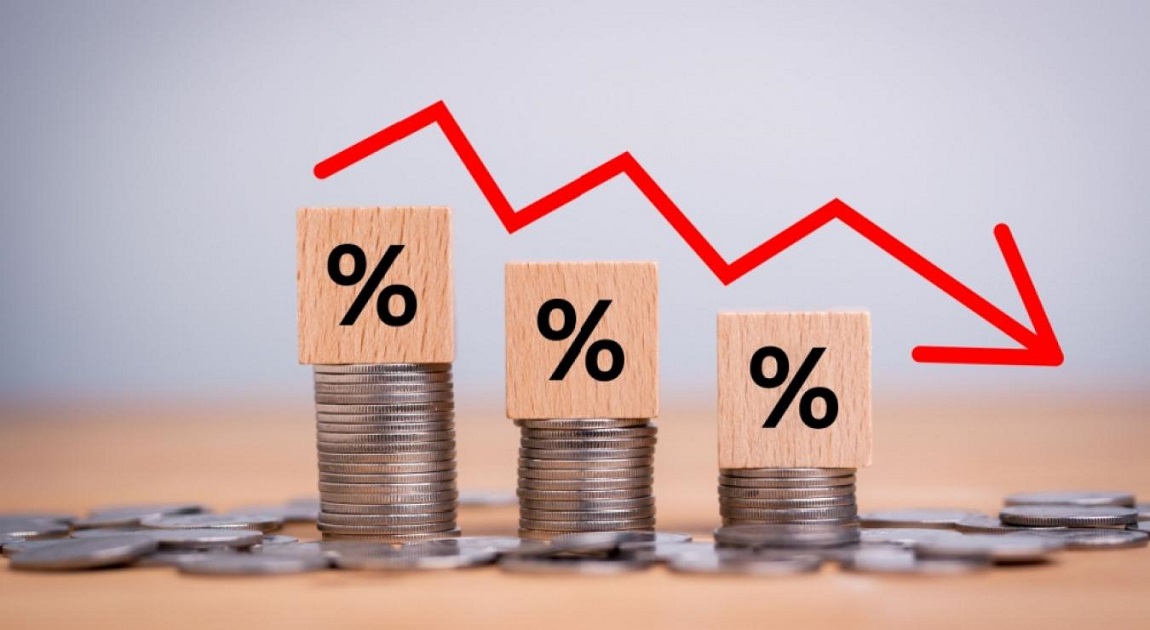


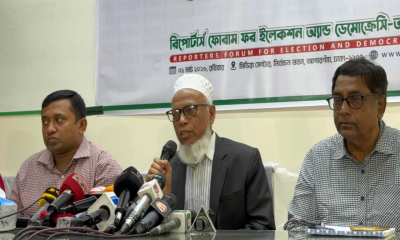

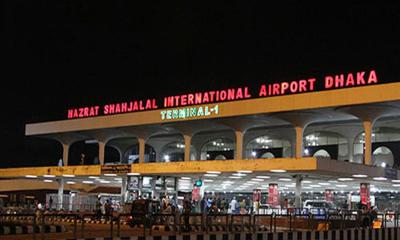


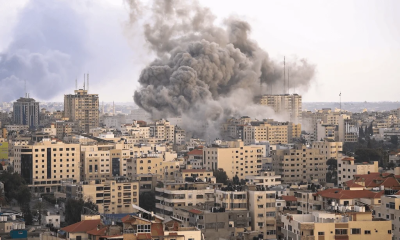




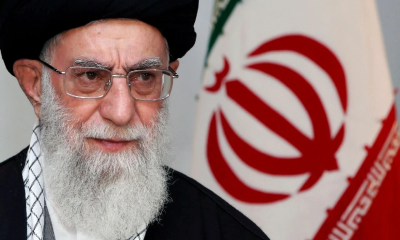
-20260301064029.webp)
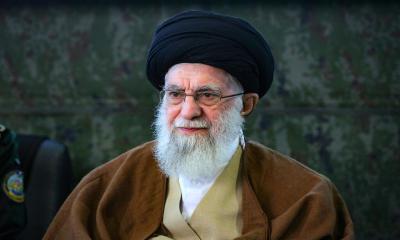


-20260228080513.webp)




-20260224075258.webp)






-20260225072312.webp)
